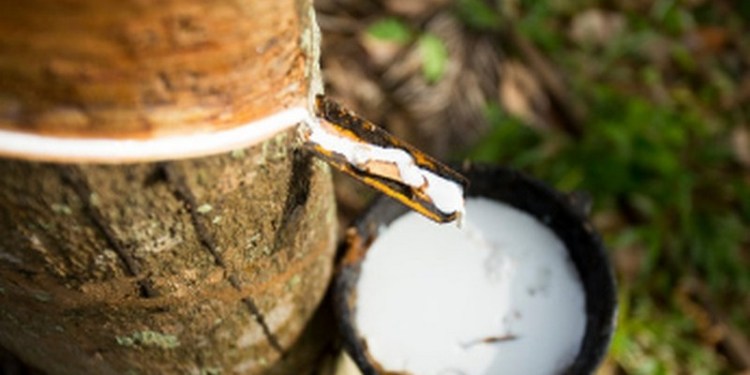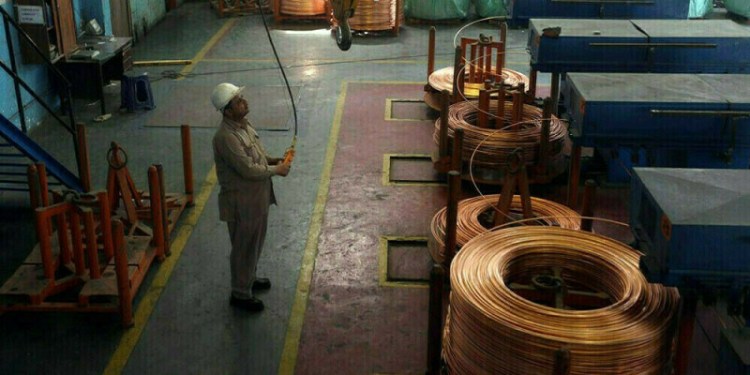Japanese rubber futures slid on Thursday, as a strong yen against the dollar and weakness in rival synthetic rubber prices added pressure on the market.
The Osaka Exchange (OSE) rubber contract for January delivery was down 1.9 yen, or 0.56%, at 337.2 yen ($2.32) per kg, as of 0222 GMT.
The rubber contract on the Shanghai Futures Exchange (SHFE) for January delivery fell 100 yuan, or 0.61%, to 16,170 yuan ($2,265.63) per metric ton.
The contract hit an intraday high of 340.5 yen, its strongest level since June 14.
The most active October butadiene rubber contract on the SHFE (SHBRv1) fell 65 yuan, or 0.45%, to 14,525 yuan ($2,035.14) per metric ton.
The prices of Thailand’s benchmark export-grade smoked rubber sheet (RSS3) (RUB-RSS3C-BKK) and block rubber (RUB-STR20C-BKK) were up 1.75% and 4.69%, to stand at 86.09 baht ($2.51)and 68.97 baht ($2.01), respectively.
The dollar traded near the lowest levels in more than a year against the euro and sterling on Thursday as a dovish Federal Reserve and fresh signs of weakness in the U.S. job market backed the case for interest rate cuts.
The dollar slipped 0.11% to 145.09 yen after earlier sliding as low as 144.86 yen.
A stronger Japanese currency makes yen-denominated assets less affordable to overseas buyers.
A sharp sell-off in crude oil paused on Thursday after expectations of a rate cut by the Federal Reserve offset a bunch of weak economic data from the world’s two largest economies, the United States and China.
Top rubber producer Thailand’s meteorological agency warned of heavy rains that may cause flash floods from Aug. 21-27.
The front-month rubber contract on Singapore Exchange’s SICOM platform for September delivery last traded at 174.9 U.S. cents per kg, down 0.7%.
($1 = 145.6000 yen)
($1 = 7.1371 yuan)
($1 = 34.3500 baht)





























